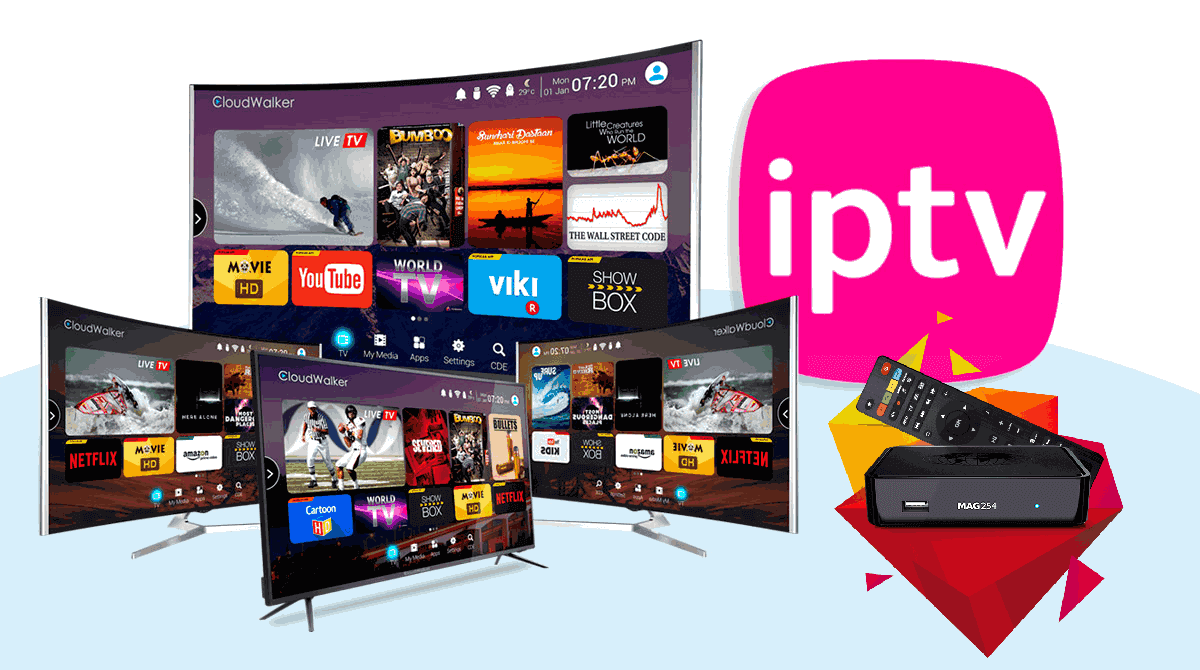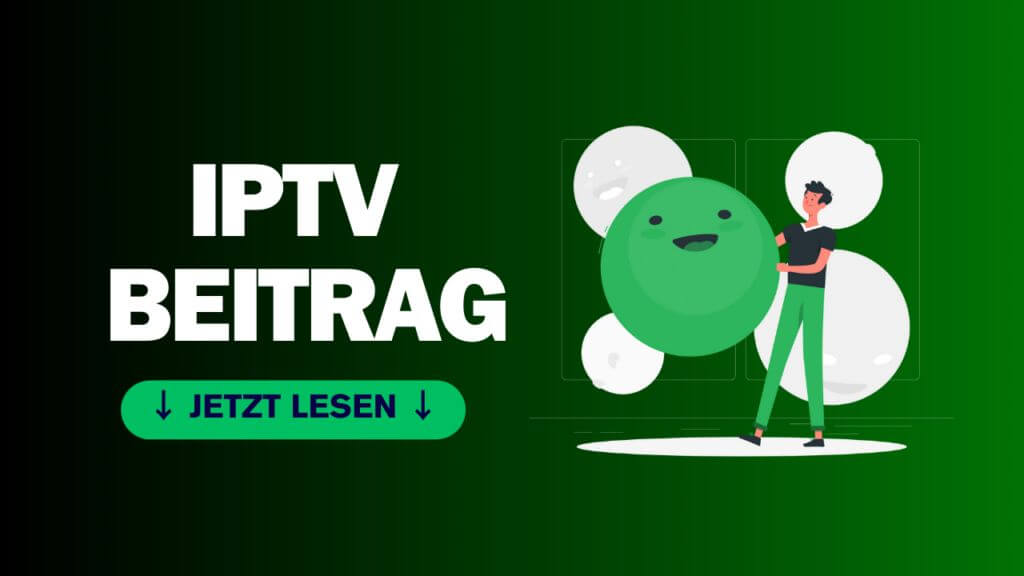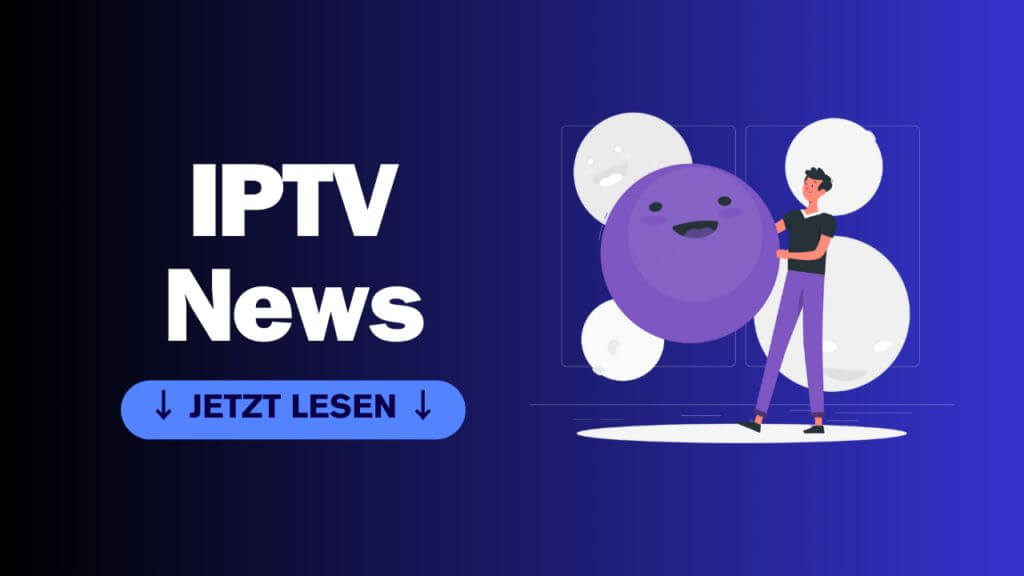
The age of digital television has long since dawned, and IPTV (Internet Protocol Television) plays a central role in this. In this blog post, we take a look at how TV via the internet differs from conventional reception methods such as cable, aerial and satellite. We also look at the advantages and disadvantages and highlight the various options that IPTV offers.
Table of contents
IPTV: What is TV over the Internet and which TV programs do you receive?
IPTV stands for "Internet Protocol Television" and refers to the streaming of television programs via the Internet. Unlike traditional television, which is transmitted via cable, satellite or antenna, IPTV uses the internet to provide you with a wide range of TV programs. You can receive both live TV and on-demand content, giving you a flexible viewing experience.
What are the advantages of TV reception via the Internet?
The main advantage of IPTV, i.e. TV via the Internet, is its flexibility and versatility. Not only can you receive a greater variety of programs, but you also have the option of watching programs anytime and anywhere as long as you have an Internet connection. In addition, many IPTV services offer interactive functions such as video-on-demand, pausing live broadcasts and personalized content.
What are the disadvantages of TV via the Internet?
Despite its many advantages, IPTV also has some disadvantages. The quality of the viewing experience can be affected by the internet speed. If the internet connection is slow or unstable, there may be interruptions or reduced picture quality. In addition, some content is geographically restricted and may require additional subscriptions.
Free TV via the Internet versus IPTV: What's the difference?
While free TV via the Internet usually offers free content financed by advertising, IPTV is often a paid service that offers a wider range of programs and additional functions. IPTV services can include special packages that provide access to exclusive channels and content.
Livestreaming apps as an alternative to the receiver
Live streaming apps are a modern alternative to conventional receivers. These make it possible to stream TV content directly to smartphones, tablets or smart TVs. They often offer a user-friendly interface and the option to watch content on demand.
What do you need for Internet TV?
To use IPTV, you primarily need a stable and fast internet connection. A compatible device is also required, such as a smart TV, a computer, a smartphone or a special IPTV receiver. Many services also offer their own apps that make watching TV over the internet easier.
DVB-T2 compared to IPTV: What are the benefits of television over the Internet?
DVB-T2 offers terrestrial television in HD quality, but is more limited than IPTV in terms of channel selection and functions. IPTV, on the other hand, offers a greater variety of channels, on-demand content and the option of streaming content via various devices.
Cable TV versus IPTV: What are the advantages and disadvantages?
Cable TV offers stable transmission quality and is less dependent on the internet connection. However, IPTV offers more flexibility, a larger selection of programs and additional functions such as on-demand content.
Satellite TV compared to TV reception via the Internet
Satellite TV offers a wide range of international channels and is available in many regions where cable connections are lacking. IPTV, on the other hand, requires a good Internet connection, but offers more flexibility and interactive functions.
Summary: IPTV makes it easy to watch TV over the Internet
In summary, IPTV offers a modern, flexible and versatile way to enjoy television. It is an excellent option for those who value choice and the freedom to watch their favorite shows anywhere, anytime.
Answer: For IPTV, you need either a Smart TV, an IPTV receiver or another compatible device such as a smartphone or tablet.
Answer: The cost of IPTV can vary and depends on the provider and the packages selected. However, it often offers better value for money than traditional TV options.
Answer: Yes, many IPTV providers offer a variety of international channels, making it a good choice for multilingual households or fans of foreign programs.
Answer: Yes, a stable and fast Internet connection is important for smooth use of IPTV, especially if you want to stream HD or 4K content.


